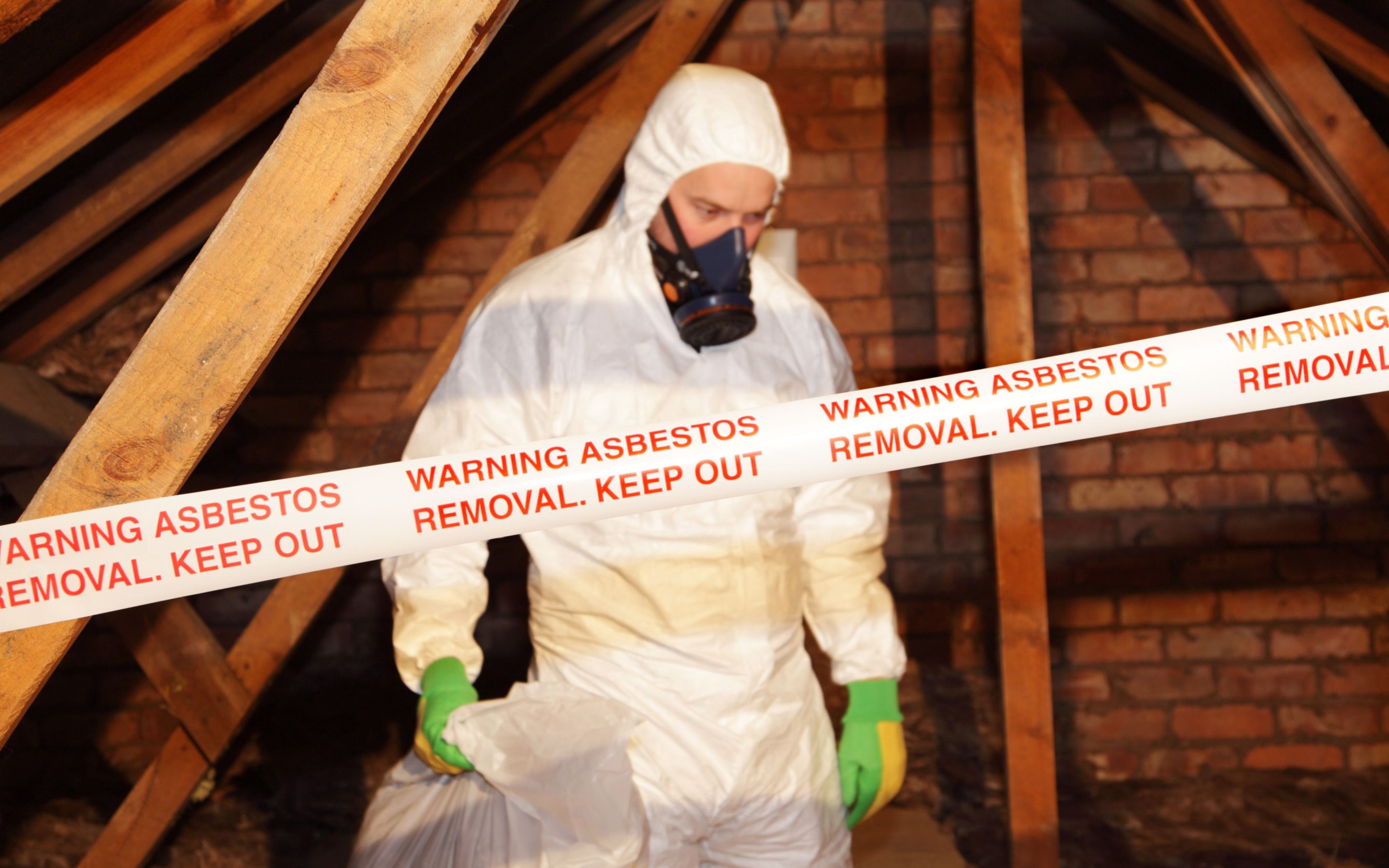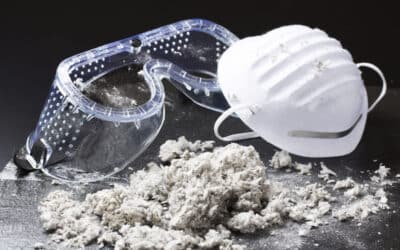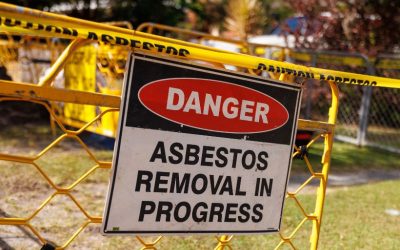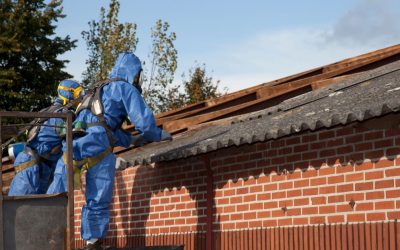Asbestos, once hailed for its versatility and used across the construction industry, is banned in the UK due to its severe health implications. The prohibition, enacted to protect public health, was a crucial milestone in championing workplace health and safety.
As a leading UK H&S advisory and consultancy service, Safety Services Direct is sharing everything you need to know about the banning of asbestos materials in the UK. Let’s dive in.
When Was Asbestos Banned in the UK?
The United Kingdom officially banned asbestos in 1999. This significant regulatory measure marked the culmination of years of efforts to address the severe health hazards associated with asbestos exposure. The prohibition was a pivotal move to ensure the safety of workers and the general public by preventing the use and import of asbestos-containing materials.
Historical Context on the Use of Asbestos in the UK
In the post-World War II era, asbestos emerged as a seemingly miraculous material due to its fire-resistant, durable, and insulating properties. As a result, it found widespread use in construction, shipbuilding, automotive manufacturing, and various other industries. The UK was no exception, witnessing a surge in asbestos usage throughout the mid-20th century. Its versatile applications and cost-effectiveness led to its incorporation in countless products, from building materials to textiles.
However, as the years unfolded, a darker side of asbestos began to reveal itself. Scientific studies linked asbestos exposure to severe health issues, including lung diseases and various forms of cancer. The once-celebrated material was exposed as a silent threat, prompting the need for regulatory intervention.
The awareness of asbestos-related health risks gradually gained momentum, prompting a series of regulatory responses. The pivotal moment came with the official recognition of the dangers posed by asbestos. In the 1960s and 1970s, health and safety authorities started implementing measures to control its usage.
The turning point occurred in the mid-1980s when the UK government took decisive action. The Control of Asbestos at Work Regulations in 1987 marked a significant step, regulating the use of asbestos in the workplace. However, it wasn’t until 1999 that the first real asbestos ban was put in place. This ban couldn’t eliminate existing asbestos materials but banned the use and import of all asbestos-containing materials. This marked the culmination of years of efforts to protect public health and eradicate the risks associated with asbestos exposure.
Significance of the Regulatory Measure in Ensuring Public Safety
The ban on asbestos in the UK is not merely a legal restriction; it is a crucial safeguard for public health. Asbestos-related diseases, such as mesothelioma, lung cancer, and asbestosis, have devastating consequences, often with a long latency period. The asbestos regulations offer a proactive approach to prevent future generations from falling victim to asbestos-related disease.
The ban ensures that no new structures or products containing asbestos are introduced into the market, significantly reducing the risk of exposure for workers and the general public. It also mandates safe asbestos removal and disposal, preventing the release of harmful asbestos fibres into the air.
Asbestos Survey: A Crucial Step in Risk Management
To identify potential asbestos hazards, a thorough survey conducted by professional asbestos surveyors and consultants is indispensable. Asbestos, with its microscopic fibres known for causing severe health issues, demands a proactive approach to risk management.
Conducting an asbestos survey isn’t just about regulatory requirements; it enables safer environments. The significance of these surveys lies in their ability to pinpoint the presence of asbestos cement, tiles, insulation and other asbestos-containing products, assess their condition, and evaluate the risk of exposure. By identifying potential hazards early on, businesses can take informed and strategic steps to manage and remediate risks effectively.
These surveys are pivotal in creating safer environments by forming the foundation for targeted risk management strategies. Once existing asbestos-containing materials and potential risks are identified, tailored action plans can be developed to address specific challenges. Whether it involves encapsulation, removal, or ongoing monitoring, the insights gleaned from asbestos surveys empower businesses to make informed decisions that prioritise the health and safety of their occupants.
Do You Work With Asbestos?
The legacy of asbestos requires diligent attention and expert management. Elevate your business’s health and safety standards with Safety Services Direct’s comprehensive offerings. Our Asbestos Surveyors Health and Safety Policy and Procedures is tailor-made for Asbestos Surveyors and Consultants in the UK. This bespoke document, customisable with your company details and logo, ensures legal compliance and addresses industry-specific challenges, including Confined Space Working and Lone Working. Not only a legal requirement, this document also aids in contract pre-qualification, tender list inclusion, and potential insurance premium reduction.
For organisations that infrequently come across asbestos products, our Asbestos Policy and Procedures outlines your company’s arrangements for managing asbestos risks in the workplace. Additionally, consider our RoSPA, IATP, and UKATA Asbestos Awareness Course for comprehensive training.
Take a proactive step towards a safer workplace – add these essential services to your basket or call us at 0121 348 7828 for personalised assistance.










